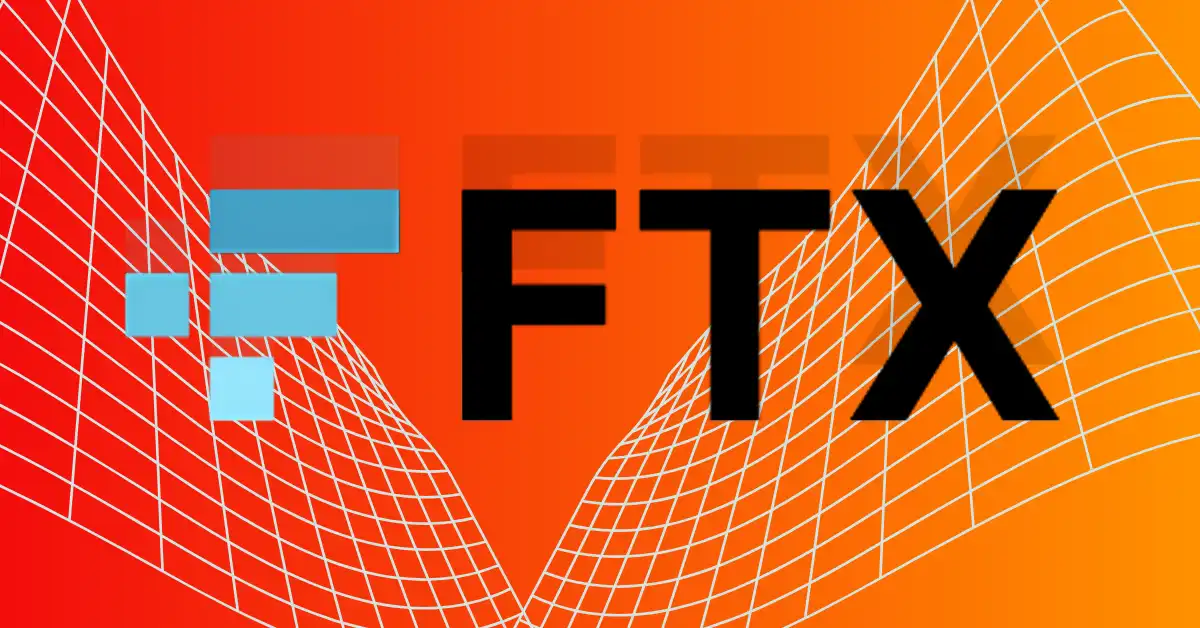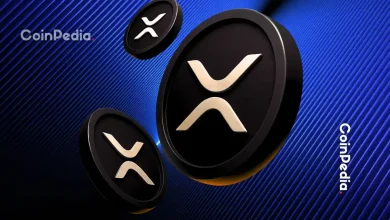
FTX's second round of repayments is underway, but 30% of claims remain unresolved, raising concerns over fairness and verification.
Strict KYC demands and country exclusions like China and Nigeria hamper access to repayments, frustrating global users.
FTX, the bankrupt cryptocurrency exchange, is under scrutiny as users report over $2.2 billion in disputed claims, raising serious concerns about the fairness and transparency of the ongoing repayment process.
$2.2 Billion in FTX Claims Still Disputed
Despite beginning its second round of repayments on May 30, where over $5 billion in digital assets were returned to creditors, issues persist. In the first phase, $1.8 billion was repaid. However, according to the FTX Creditor and Customer Ad-Hoc Committee, an estimated $2.2 billion worth of claims still remain unresolved.
On June 11, committee member Sunil shared updates on X (formerly Twitter), noting:
“Current allowed claims: $7.5B.Total estimated allowed claims: $10.6B.30% of allowed claims are disputed—legit claims will be allowed.”
He added that FTX currently holds $6.5 billion in reserves for upcoming distributions.
Cross-Border Repayments Expand with Payoneer
In a key update, FTX has added Payoneer as a repayment partner, alongside BitGo and Kraken, to distribute funds to creditors. Payoneer supports cross-border payments in over 190 countries, improving reach for retail customers in eligible regions.
However, countries like China, Russia, Nigeria, and Egypt remain excluded from repayment, delaying future disbursement timelines until a compliant payment provider is found for these regions.
KYC Verification Issues Trouble FTX Creditors
A growing number of users are raising concerns about FTX’s KYC (Know Your Customer) process, which many say has become unnecessarily strict and difficult to complete.
One user, Sal Wals, posted:
“I’ve been asked for multiple evidence of my source income. I feel like I’m on trial.”
Others have echoed similar concerns, citing delays and a lack of response from support.
What’s Next for FTX Creditors?
The ongoing issues—disputed claims, KYC bottlenecks, and cross-border distribution limitations—highlight critical gaps in FTX’s global repayment strategy.While some investors remain optimistic about a potential liquidity boost if repayments resume smoothly, many continue to question the platform’s transparency and governance in handling creditor claims.
Never Miss a Beat in the Crypto World!
Stay ahead with breaking news, expert analysis, and real-time updates on the latest trends in Bitcoin, altcoins, DeFi, NFTs, and more.
FAQs
These claims are disputed due to issues like inaccurate balances in the portal, failure to meet KYC deadlines, or ongoing reconciliation efforts by FTX’s recovery team, especially for complex or previously unaccounted-for funds.
Strict and difficult KYC verification processes can block creditors from receiving repayments. FTX requires extensive documentation, and delays or non-compliance can lead to claims being deemed ineligible or expunged.
Adding Payoneer significantly expands FTX’s reach for retail customers, enabling repayments in over 190 countries. This should streamline cross-border distributions, though some countries like China and Russia remain excluded for now.
Trust with CoinPedia:
CoinPedia has been delivering accurate and timely cryptocurrency and blockchain updates since 2017. All content is created by our expert panel of analysts and journalists, following strict Editorial Guidelines based on E-E-A-T (Experience, Expertise, Authoritativeness, Trustworthiness). Every article is fact-checked against reputable sources to ensure accuracy, transparency, and reliability. Our review policy guarantees unbiased evaluations when recommending exchanges, platforms, or tools. We strive to provide timely updates about everything crypto & blockchain, right from startups to industry majors.
Investment Disclaimer:
All opinions and insights shared represent the author's own views on current market conditions. Please do your own research before making investment decisions. Neither the writer nor the publication assumes responsibility for your financial choices.
Sponsored and Advertisements:
Sponsored content and affiliate links may appear on our site. Advertisements are marked clearly, and our editorial content remains entirely independent from our ad partners.







